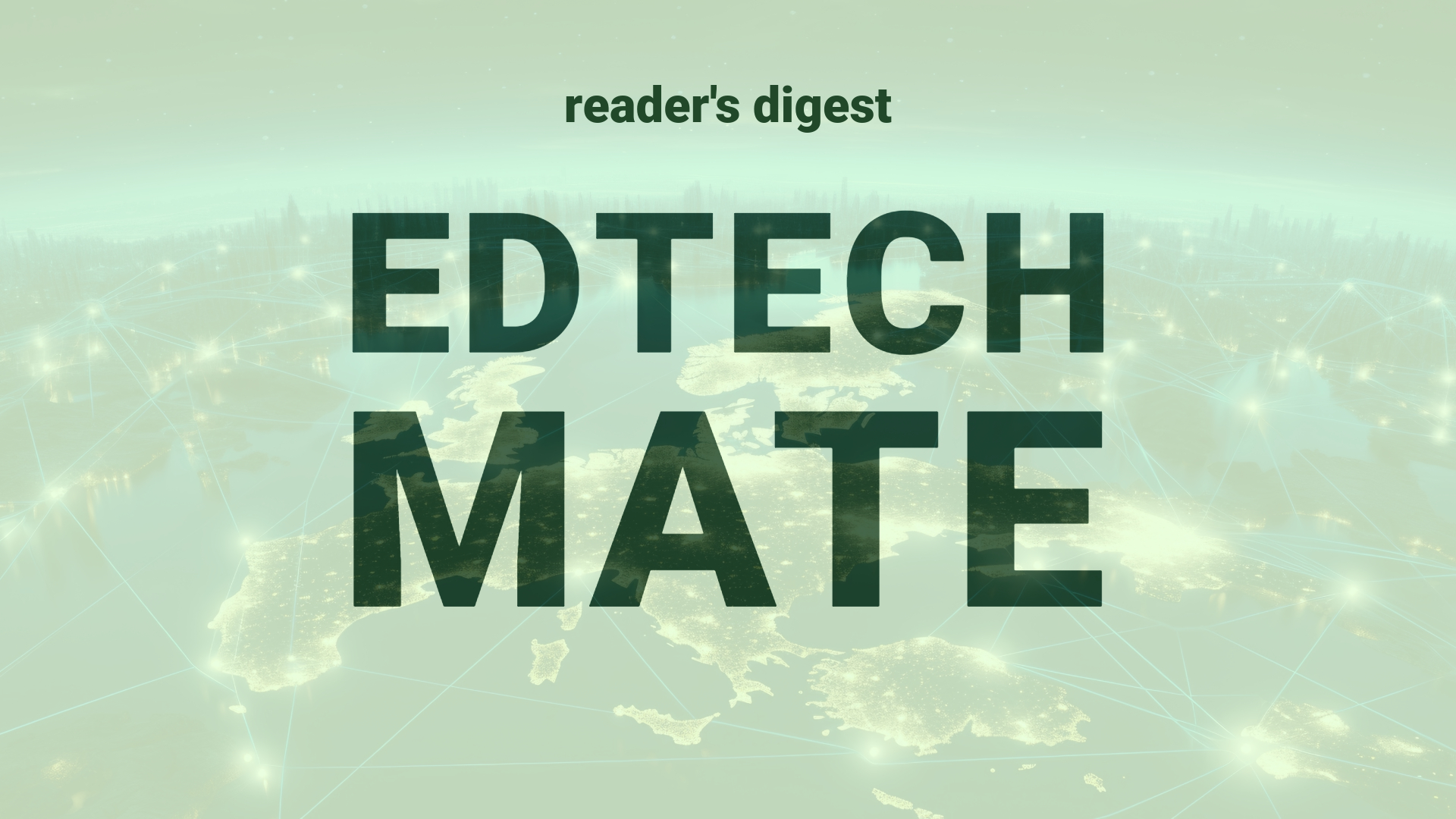Executive Summary and Main Points
In a noteworthy development in the global higher education landscape, Microsoft has recently introduced a series of Spanish-language live sessions designed to enhance data engineering skills using the Microsoft Fabric platform. This initiative, part of the “Aprender Juntos” campaign, offers free training from April 16 to May 9, culminating in preparation for the DP-600 certification exam. Microsoft Fabric integrates with familiar tools like Power BI, SQL, and Python, positioning it as a comprehensive platform for data professionals. Additionally, the Fabric Career Hub provides a centralized resource for training, exam review sessions, and practice tests, reflecting an increasing trend towards digital certification and upskilling in the education technology sector.
Potential Impact in the Education Sector
The Microsoft Fabric learning initiative could significantly impact Further Education, Higher Education, and Micro-credentials. For Further Education, it facilitates a practical, vocational approach to learning, empowering students with industry-relevant data engineering skills. Higher Education institutions could leverage Fabric to enhance their data science curricula and establish strategic partnerships with Microsoft for cutting-edge resources and certification opportunities. In the arena of Micro-credentials, this initiative exemplifies and promotes the value of short, focused learning modules aimed at specific competencies highly sought in the digital economy. The integration of such platforms is a step forward in the continuous digitalization of the educational landscape.
Potential Applicability in the Education Sector
AI and digital tools are at the forefront of innovative applications in global education systems. Microsoft Fabric’s initiative could serve as an educational model, showcasing how AI can be utilized to personalize learning and automate administrative tasks. Universities worldwide could adopt similar platforms to enhance data literacy, support research through sophisticated data analysis tools, and offer a more hands-on learning experience via practical, project-based modules. With the growing emphasis on digital transformation in education, such platforms could become standard components of a comprehensive education technology strategy.
Criticism and Potential Shortfalls
While these technological advancements promise enhanced learning experiences, they are not without potential criticisms and limitations. Concerns may arise about the accessibility of such technologies for students with limited internet access or those from lower socio-economic backgrounds. Ethical considerations, particularly around data privacy, must also be addressed when integrating such platforms into educational programs. Moreover, a one-size-fits-all approach may not accommodate diverse learning needs, and cultural implications should be acknowledged to ensure inclusivity. Case studies of international education systems adopting similar technologies can provide insights into best practices and common pitfalls.
Actionable Recommendations
To implement these technologies effectively, educational leadership should consider strategic actions. Building partnerships with technology providers like Microsoft can secure access to cutting-edge tools and training programs. Institutions should also focus on creating inclusive learning environments by providing necessary support for all students to access digital platforms. Furthermore, integrating ethical considerations into curricula and ensuring transparency in data use are vital steps. Lastly, leaders should prioritize continuous professional development for educators to maintain technology proficiency and teaching excellence in an ever-evolving digital landscape.
Source article: https://techcommunity.microsoft.com/t5/educator-developer-blog/reg%C3%ADstrate-a-aprender-juntos-de-microsoft-fabric/ba-p/4109259

